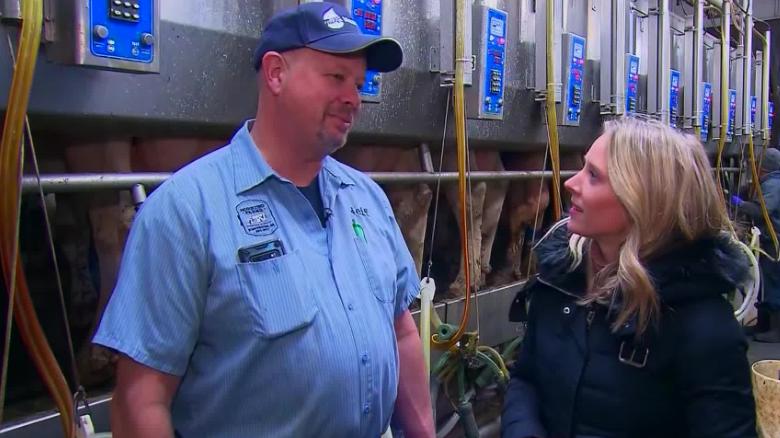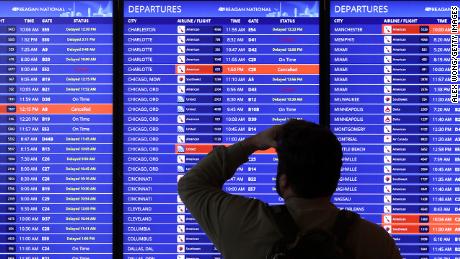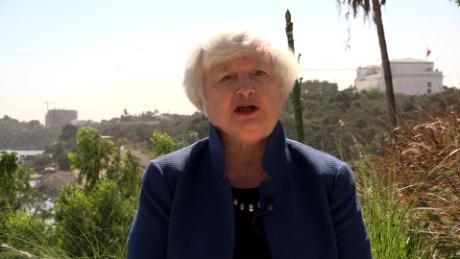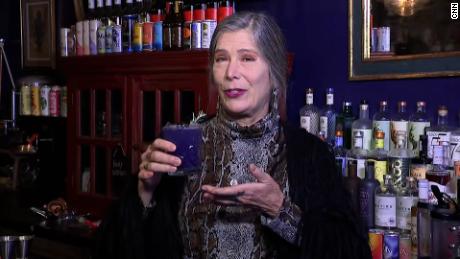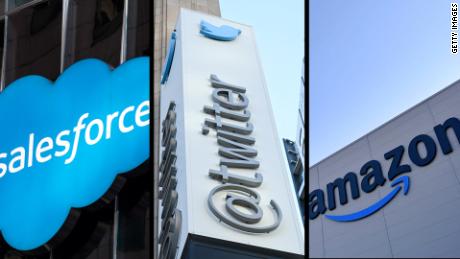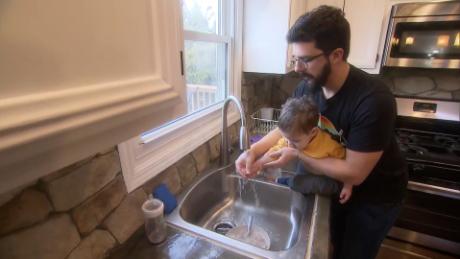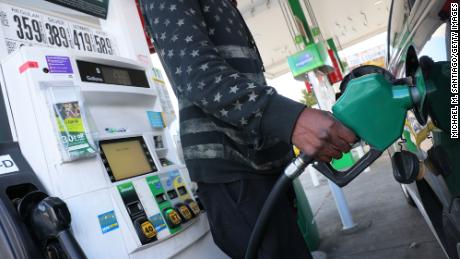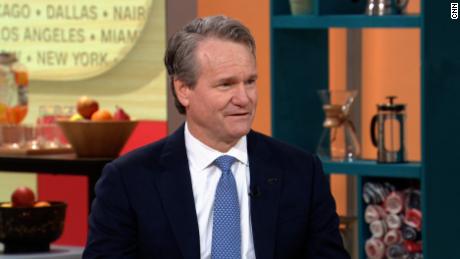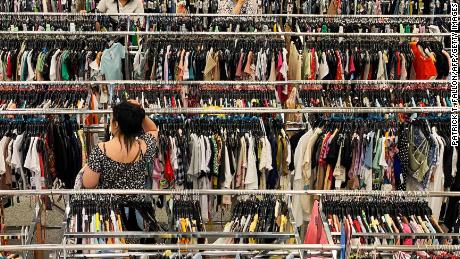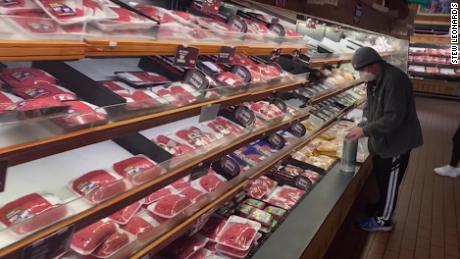Mark Wagoner grows alfalfa seed and wheat on a family farm in Washington State. He volunteers as a board member for the Global Farmer Network. The opinions expressed in this commentary are his own.
I grow alfalfa seed in the southeastern corner of Washington state ŌĆö and my business, which is closely tied to hay exports, has suffered mightily over the past two years.
I'm one of those farmers who is supposed to be delighted with the US-China "Phase One" trade deal. It commits China to buying $200 billion in US goods and services over the next two years. Although I'm hopeful that it will give farmers a boost, I'm more than a little worried that it won't.
That's because I've read the fine print.
Farmers need more exports. The trade wars have battered us, knocking down commodity prices and forcing bankruptcies. We've lost reliable customers to countries like Argentina, Australia and Brazil, which have gobbled up the market share that used to be ours.
The initial headlines about the deal were encouraging. China bought $24 billion in US agricultural products in 2017, before the trade war gutted our sales to the world's most populous nation. The new agreement calls for China to meet and exceed those levels by $12.5 billion in 2020 and $19.5 billion in 2021.
But on the day of the pact's signing, soybean prices dropped to a one-month low. This was an unexpected result, given that soybeans in the past have made up half of US farm exports to China. Why would their price plummet on the day that China was pledging to buy more US farm goods than ever before?
That's because Chinese Vice Premier Liu He said that purchases of US farm goods would be "based on market conditions."
The text of the agreement backs him up: "The Parties acknowledge that purchases will be made at market prices based on commercial considerations and that market conditions, particularly in the case of agricultural goods, may dictate the timing of purchases within any given year."
That sounds to me like all the wiggle room China will need to renege on its promises. The country has a long history of inventing bogus excuses to reject shipments of US farm goods, often as a hardball tactic to push for price reductions from anxious exporters. It won't have a tough time figuring out how to escape the terms of this deal.
More Markets & Economy Perspectives
If China even comes close to buying the promised extra billions in US farm goods over the next two years, we'll be lucky.
The irony is that American farmers would be well served if our economic relationship with China were based entirely on "market conditions." Let's buy and sell based on the free market's ability to connect buyers and sellers. We should build our policies not on the vagaries of managed trade, but on the principles of free trade.
I grow alfalfa seed because I happen to live in what may be the world's best place to raise them. The dry climate is ideal, our native bees help with pollination and we can tap our rivers for irrigation. What's more, the alfalfa farmers we supply have easy access to the West Coast ports that ship to China.
When it comes to high-quality, low-cost production, nobody can beat us.
Much the same can be said about other products that American farmers grow, and Chinese consumers want, from soybeans to pork. Our trade diplomats serve us most effectively when they remove artificial political barriers such as tariffs and quotas.
As the Trump administration moves from the "Phase One" to "Phase Two" in its talks with China, its negotiators will be wise to put more faith in the ability of American farmers to satisfy global markets. We don't want the wheeling and dealing that seeks to manage trade through mandates. We just need the opportunities that free markets can provide on their own.
That's how to make farmers happiest and economically stable.

